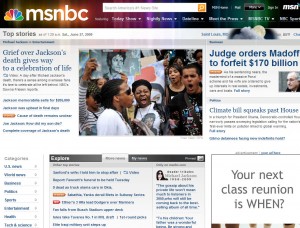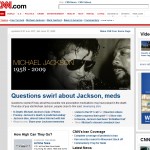Economics evolves into evolutionary economics
The July 2009 edition of Scientific American explores new ways of looking at economics in an article by Gary Stix entitled "The Science of Bubbles and Busts." The article explores the growing acceptance by professionals that people quite often are not rational when it comes to dealing with their finances. We are not homo economicus, as touted by many economists, including Milton Friedman. Our imperfections are many. For instance, we are supremely overconfident. We overrate our ability to make decisions in the market. We are also prone to "herding," following the crowd. We are also overwhelmed by our recall of recent events due to the availability bias. We are creatures who are strictly geared to the short-term. As a result of this mounting evidence establishing that we are not able to rationally deal with the market, new approaches are inexorably working there way into economics. These new approaches include evolutionary economics:
“Economists suffer from a deep psychological disorder that I call ‘physics envy,’ ” [MIT professor of finance Andrew] Lo says. “We wish that 99 percent of economic behavior could be captured by three simple laws of nature. In fact, economists have 99 laws that capture 3 percent of behavior. Economics is a uniquely human endeavor and, as such, should be understood in the broader context of competition, mutation and natural selection—in other words, evolution.
Having an evolutionary model to consult may let investors adapt as the risk profiles of different investment strategies shift. But the most important benefit of Lo’s simulations may be an ability to detect when the economy is not in a stable equilibrium, a finding that would warn regulators and investors that a bubble is inflating or else about to explode.
An adaptive-market model can incorporate information about how prices in the market are changing—analogous to how people are adapting to a particular ecological niche. It can go on to deduce whether prices on one day are influencing prices on the next, an indication that investors are engaged in “herding,” as described by behavioral economists, a sign that a bubble may be imminent. As a result of this type of modeling, regulations could also “adapt” as markets shift and thus counter the type of “systemic” risks for which conventional risk models leave the markets unprotected.



